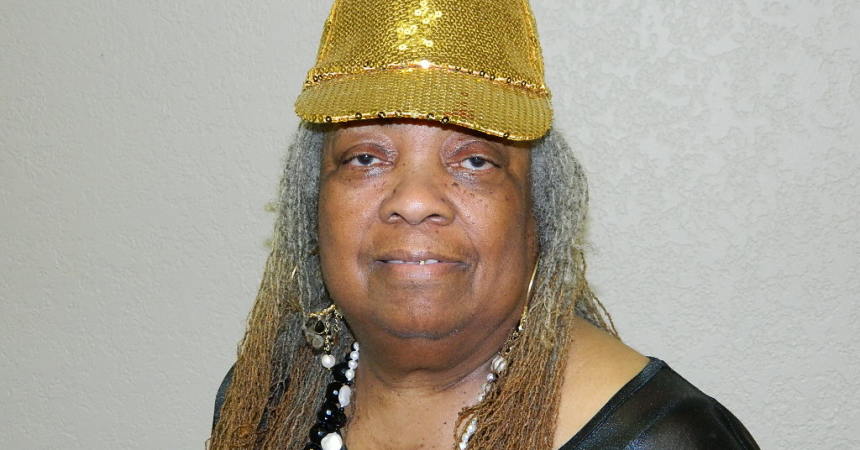
The Florida NAACP Supports a Sustainable Solar Future
By Adora Obi Nweze
President, Florida NAACP
The Florida NAACP has a lot on its plate – ensuring voting rights, calling for improvements to our public schools and making sure another George Zimmerman “standing his ground” won’t result in the senseless killing of another child. And as we prepare for the 50th anniversary of the march on Selma and know how much that bettered America, we know there is still much more to do.
There’s no social, political or economic issue that doesn’t have a civil rights component. That is why the Florida NAACP looks to always shine a light or add our voice wherever there is injustice. That doesn’t always sit well with some folks but until the playing field is level for communities of color, we will continue to be a voice.
Three decades ago we learned how this works. We had a school desegregation case in which we opposed the siting of advanced state of the art, high tech schools in all-white neighborhoods only. Our opponents tried to paint us against education – against progress. And when we fought redlining by banks, we were accused of being against banking.
Now it’s happening again. We have fought for clean and affordable energy for decades. We have supported weatherization programs and emergency energy assistance for the poor. And we have asked the Florida Public Service Commission to create renewable energy programs that are accessible for the poor and to disallow regressive programs that unfairly tax middle and low-income families. We are big supporters of solar energy programs, and we only ask that they be designed in a manner that is fair, inclusive and provides consumer protections.
Because we have asked for fair pricing and inclusion, some have tagged us as being “against solar.” We dust it off.. The job of the NAACP is to be a voice for minorities and the poor – to be sure they have access to, and can afford, social and technological advances otherwise available only to the 1%; to be sure no one has to choose between putting food on the table and paying their electric bill. We’re doing our job.
Why do we want solar? That’s easy. It’s a renewable resource that can help continue improving our environment. The problem isn’t with solar itself, it is with how it has been incentivized that has resulted in some forms of solar, specifically rooftop solar, directly benefitting the wealthy at the expense of everyone else. Our mission is to ensure more renewable energy that is affordable and environmentally beneficial to all.
Rooftop solar provides savings to homeowners by lowering their consumption of electricity from the electric grid and through an accounting gimmick that compensates rooftop solar owners at a cost higher than what it costs to actually produce the electricity. And guess who gets to pick up those costs? You do in the form of higher electric bills. We support solar. We even think that the accounting mechanism, officially known as net metering can work as long as the economics are fair. And right now, they’re not. This means that someone is getting wealthy off of a subsidy that everyone else has the privilege of paying. That’s not right. That’s not fair. And that’s why we’re speaking up.
There are some who believe that the relatively modest amount of rooftop-generated solar power provides a “green dividend” in pollution reduction that should trump any concern about poor folks’ family budgets. We disagree. We believe if we all work together we can deliver the green dividend while also ensuring poor customers are not burdened with the costs.
Creating sustainable and economically fair solar programs should be a priority for policymakers. As for rooftop solar, it too is part of the solution but here’s how it should be made more equitable: first, make sure net metering is priced so that all consumers pay their fair share for the use of the electric grid. Second, make solar programs accessible to low-income consumers. This can be done with community solar, which provides a more affordable product and is available to those who don’t own their own homes or who live in apartments). Third, restore adequate funding to the Low Income Home Energy Assistance Program (LIHEAP) and weatherization programs. Before we add new costs, let’s make what we already have more efficient and cost-effective.
This will let solar thrive but not on the backs of the poor.








